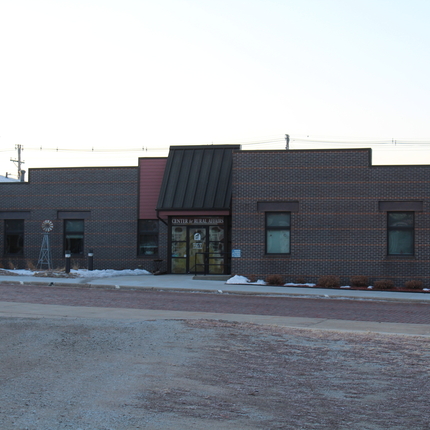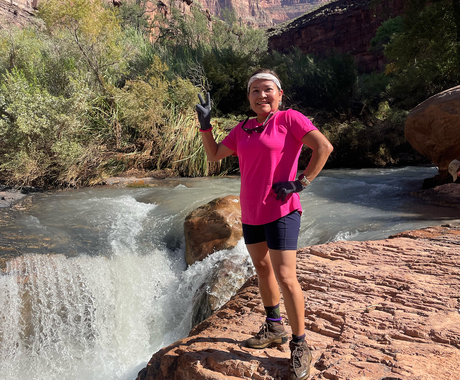The death of George Floyd at the hands of police has ignited a movement. Floyd’s senseless and brutal death is yet another chapter in a long history of racism in our country.
Demonstrations have spread around the world in response. We noticed the reports of gatherings in small towns in our region—Norfolk, Nebraska. Coon Rapids, Iowa. Marshall, Minnesota. Places not known as hotbeds of anti-racism action.
Small towns in our part of the country are often characterized as mostly white, and for many white residents, racism can feel like a distant issue. Those of us who work here know the face of communities in our region are changing as new immigrants make rural America home.
These immigrants join long-time Black, Brown, and Indigenous people as fellow rural Americans.
Throughout history, our Black, Brown, and Indigenous neighbors have been subject to racism in rural America. From the horrific institution of slavery that built much of the rural South, to the displacement of Indigenous people from their land, to the modern day treatment of new immigrant workers in meatpacking plants, there is a deep history of racism that rural people must confront.
For the movement to dismantle racism to succeed, we each must work to confront it where we live. This includes deepening our own understanding of how race and racism has shaped the places we call home. Place-based organizations must each do the work in their own place. We must join our neighbors in Norfolk, Nebraska, and Coon Rapids, Iowa, and Marshall, Minnesota, to speak up for Black, Brown, and Indigenous people.
The Center began our own journey over the last decade. While we are proud to work alongside our Indigenous neighbors to support their goal of food sovereignty, and to work with new immigrants to break down barriers to full participation in civic, economic, and community life, it also must be acknowledged as just a start of what is needed.
There cannot be social and economic justice, nor opportunity for all who live in our communities without an end to racism. We cannot create the future of rural America without an end to racism.
The mission and values of the Center call on us to continue to build more racially just communities. The demonstrations across the country remind us that we have much to accomplish.





